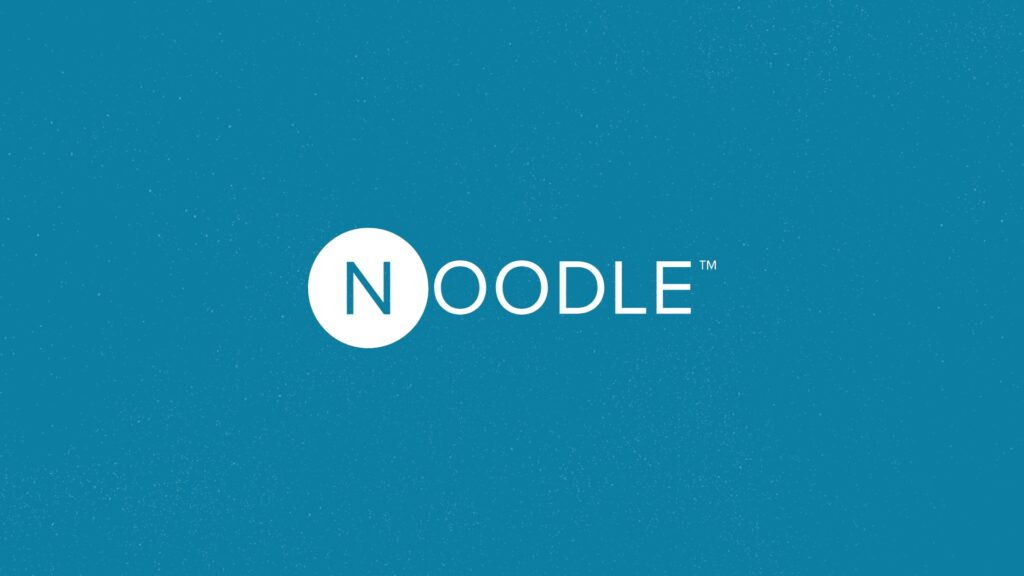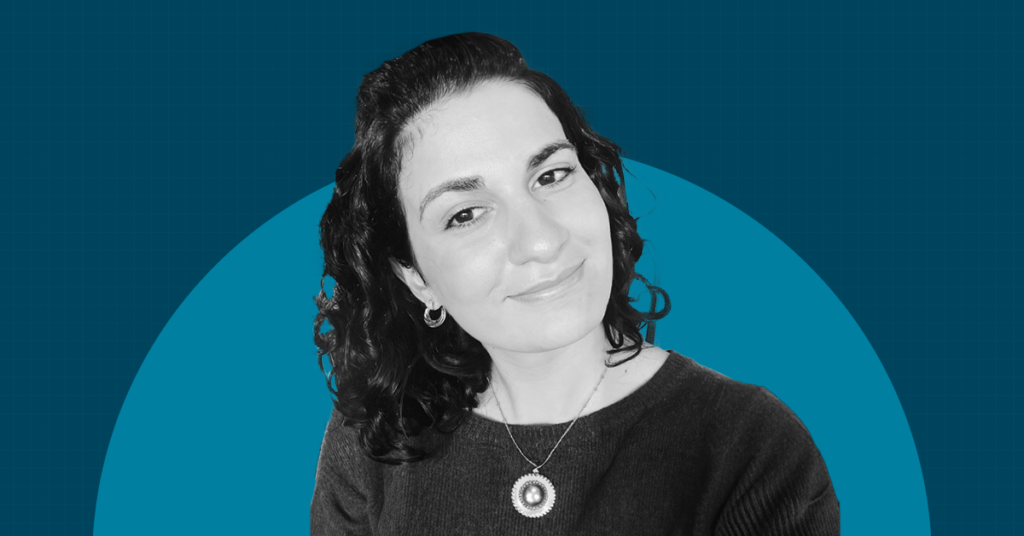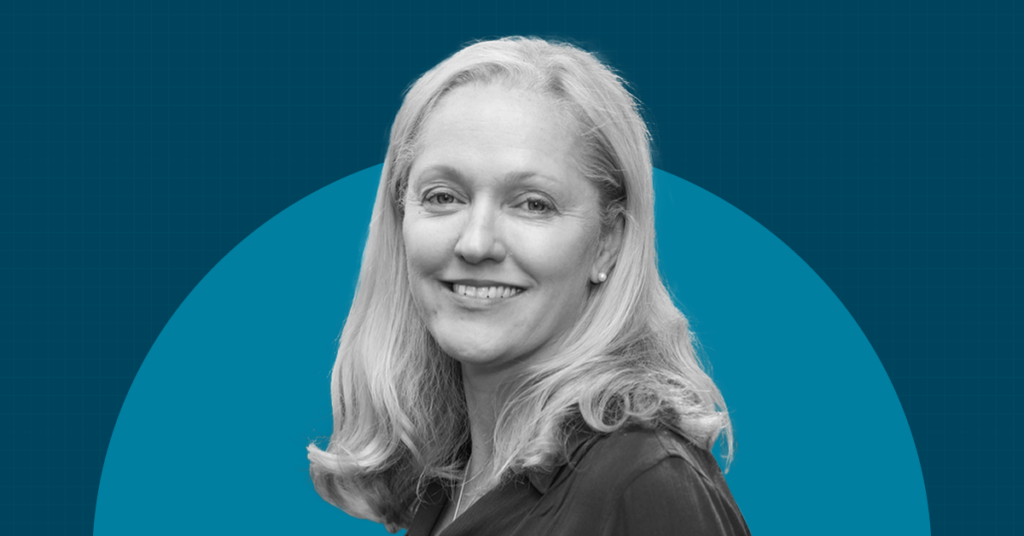During his formative years, data scientist Eugene Choe attended United World College of South East Asia (UWCSEA) in Singapore, an independent international school and part of the World College Movement founded by German educator Kurt Hahn. From there he enrolled at Williams College, a small liberal arts institution in Williamstown, Massachusetts. During that time, he served two internships that had a profound effect on his further development. In the first, with Service Management Group, a customer experience measurement company, he worked under two mentors who stressed the importance of mathematical rigor. He also served an internship with Hutchin Hill Capital, where the person he worked under was a stickler for detail but had a generous, empathetic style with all the interns.
Meet Data Scientist Eugene Choe
“I focus on why or how we should do something, instead of looking for reasons why we can’t do it.”
What does it mean for you to identify as Asian American?
I identify as both Asian and Asian American in two ways: one concerns my personal history, the other is the way I think about my future. I identify as Korean, but grew up in Singapore which is very multiracial and multicultural. Identifying as Korean means that I appreciate very much what my parents went through and sacrificed on my behalf such that I can have a future as an Asian American. At the same time, my years in Singapore gave me a deep appreciation for many different cultures, and encouraged in me a real process of introspection in terms of what I want for myself in the future.
I must add that I find the recent spike in hate crimes definitely troubling, but, on a more positive note, I am hopeful because more light is now being shined on this issue. In terms of addressing these crimes, I would like to see policy developed on a local level, policy that’s more proactive rather than just reactive. I also feel strongly that it’s important for all parts of the Asian American community to support each other, and fight the urge to be cynical and apathetic. It’s important to remain solution-oriented – that is something we owe to each other.
Why did you choose to work in education? How have your educational experiences shaped your career?
Actually, I didn’t start out to work in education. My early career revolved around technology, and I trained as a data scientist. Now, though, I have definitely come to enjoy working in education.
My K-12 experience was primarily in the United World College of South East Asia, part of an educational movement founded in 1962 by German educator Kurt Hahn that has the mission of “making education a force to unite people, nations and cultures for peace and a sustainable future.”
After high school I attended Williams College in Massachusetts. The liberal arts education I received there gave me a broader view of life and made me a more confident communicator.
What makes a leader great?
To me there are three qualities that define a great leader: a great leader motivates, empowers and provides useful feedback to the team.
When you think of great leadership, who comes to mind? Why?
One great leader I have had is my rowing coach Joe Gartland at Williams College during the two years I was a walk-on rower. Unlike other sports where expertise may be influenced by innate talent or ability, rowing’s a sport where you get out what you put into it. In that sense, all rowers are equal. Joe saw potential in everyone who was willing to put in the effort and took a personal interest in everyone. He taught me what it means to put 100% effort into something.
Who are some Asian or AAPI leaders you admire or look up to?
I definitely admire Satya Nadella, who is the current CEO of Microsoft. From reading about his tenure as an outsider, it seems he is introspective and forward-thinking, a real visionary. And it’s important for me to see somebody in charge of a company like that, proving that the “bamboo ceiling” can be broken.
How has your personal leadership style evolved?
I don’t consider myself at the stage in my career that I have yet a strongly defined leadership style, but I am not afraid of responsibility and I focus on why or how we should do something, instead of looking for reasons why we can’t do it.
What is it about your background or career experiences that successfully positioned you for your role at Noodle? Describe that role.
Noodle is my first post-internship job. My role here is as a data scientist for the data team. My team and I work together along with other teams, to deliver data products, i.e., dashboards that help operational teams make data-driven decisions. I previously interned at companies like Service Management Group, a customer experience measurement company. The benefit of that internship was working alongside two mentors with a focus on mathematical rigor that was a great influence on me. I also worked at Hutchin Hill Capital. There my boss was a stickler for code style, code commenting and detail in general. He had very high expectations for his interns, but was generous with us as well. I’m always grateful to him for getting me set on the data science career path.
How do you support the success of your team?
I support the success of my teams by being 100% engaged in meetings, by taking initiative in projects and by bringing positive energy to help boost morale.
What are some of the most effective tools in your leadership arsenal?
First, I’m a good listener. Another important tool is taking initiative in terms of projects. Third, I believe in building good one-on-one relationships to learn better where we can help each other. For the last, I find that laughter is always helpful.
Please tell us something about yourself that people would be surprised to learn.
I became very interested in Renaissance, Romantic and Modern literature in college, and I’ve read all of Paradise Lost by Milton.



